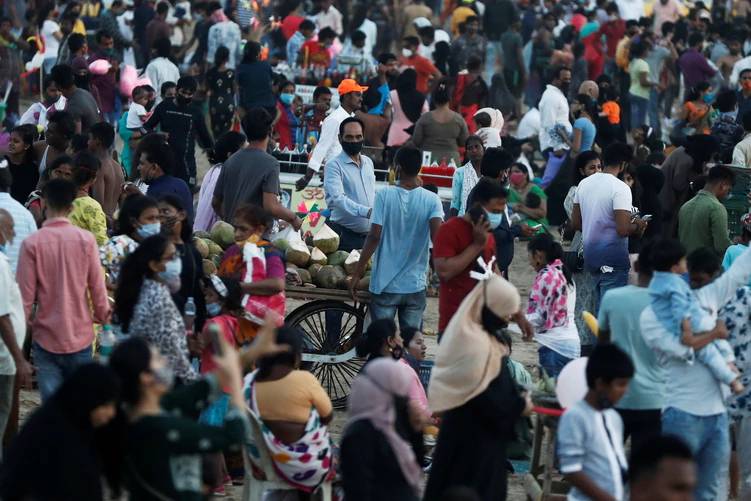GENEVA - More than 2 billion doses of COVID-19 vaccine have been disbursed in 212 countries. However, the World Health Organization said the distribution has been far from equal. It notes 75% of doses have gone to just 10 countries, with three countries — China, the United States and India — accounting for 60% of all doses.
Senior adviser to the WHO director general, Bruce Aylward, says one-half-percent of doses have gone to the lower income and lowest income countries, that account for about 10% of world population.
‘So, we are increasingly seeing a two-track recovery and rollout of the vaccines with that high coverage deep into the high-risk populations and younger populations even in high income and producing countries," Aylward said. "While in the lower income countries, we are still struggling to get sufficient product just to be able to vaccinate the health care workers, older populations.”
Aylward said immunizing health care workers and older people is key to getting out of the global health, societal and economic crisis. To achieve that, he says, rich countries must donate a quarter-of-a-billion doses to low-income countries through the end of September. He adds, at least 100 million must be donated through June and July.
“That is what we need to get the system going. Now we had a great start yesterday [Thursday] with the U.S. announcing it is going to contribute up to 80 million doses and it gave the first 25 million doses that it would be donating, 75% of that through COVAX yesterday," Aylward said. "That is an important start. We need many other countries to be joining and important for the U.S., right, crucially, is they said these doses are going to come in June.”
COVAX, the global vaccine-sharing facility, aims to provide two billion doses of COVID-19 vaccine to low-and-middle-income countries by the end of 2021.
A report by the International Monetary Fund on May 31 says by vaccinating 60% of the global population against COVID-19 by the middle of 2022, the world would reap an economic benefit of more than $9 trillion over the coming three to five years.
(VOA)

